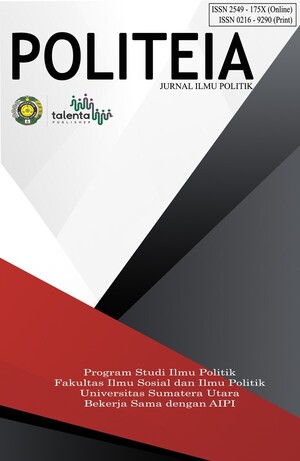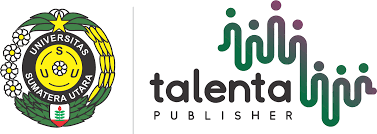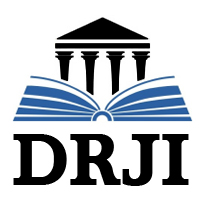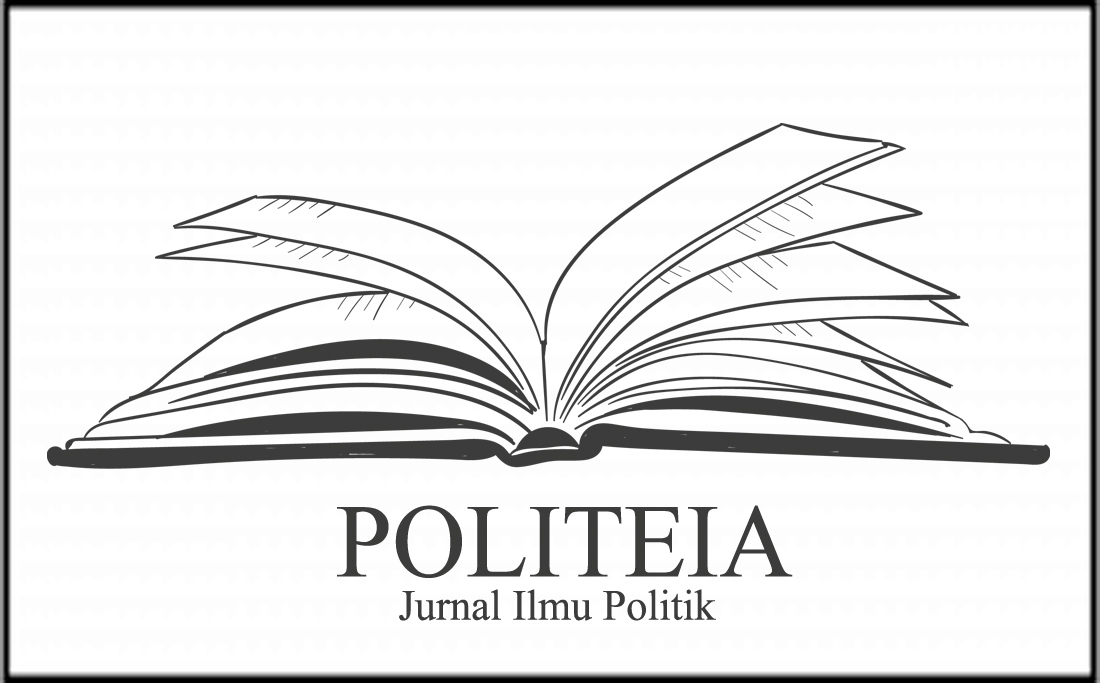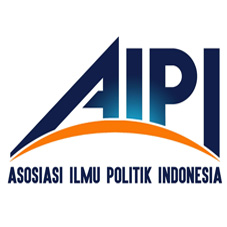Menggugat Hegemoni Demokrasi: Disciplinary Power Demokrasi di Negara Dunia Ketiga
Disciplinary Power, Democracy, Third World, Developing Countries
DOI:
https://doi.org/10.32734/politeia.v12i2.3695Keywords:
Disciplinary Power, Democracy, Third World, Capitalism, Developing CountriesAbstract
The emergence of the terms Third World, Developing Countries, and North-South seemed to be a concept to separate the good country and the bad country. The term is consumed by the Third World community and awakens to the body that we live in a country where conditions are not supposed to be this way. Disclosure of information and communication through globalization makes the Third World begin to recognize democracy. The poor Third World state economic conditions, the end of the Cold War, and the collapse of the Berlin Wall became a series of events that made democracy legitimate as a truth. So as to create a pro-democracy group in the Third World that forces the state to implement democracy. Coupled with the presence of democratic indicators to assess democratic and undemocratic countries, making Third World countries vying to take the indicator to become the most democratic country. This shows that democracy is already believed to be a truth regime. Democracy in the Third World is followed by capitalism which ultimately exacerbates conditions in Third World countries, so that Third World coutries are caught in global capitalism. Using the concept of Michel Foucault, the hegemony of democracy will be described as a discourse that creates disciplinary power for Third World societies to be able to accept democracy and believe in democracy as a truth.
Downloads
Downloads
Published
Issue
Section
License
Copyright (c) 2020 Politeia: Jurnal Ilmu Politik

This work is licensed under a Creative Commons Attribution-ShareAlike 4.0 International License.
